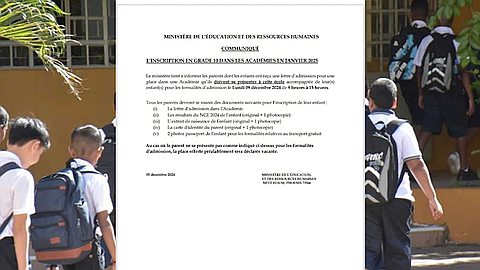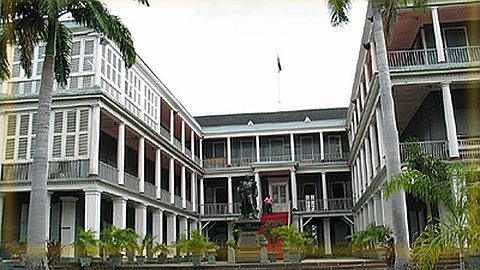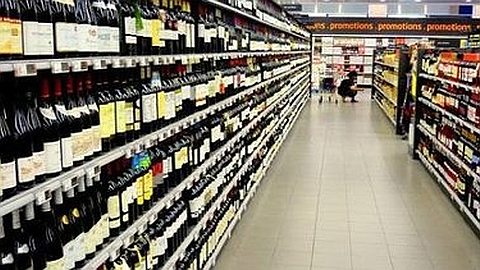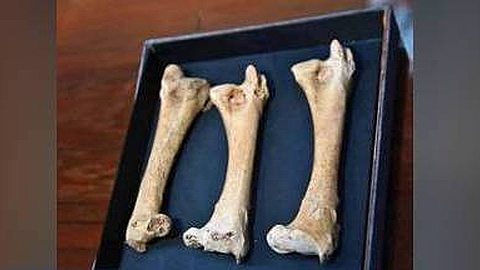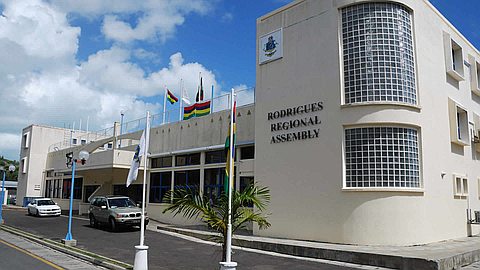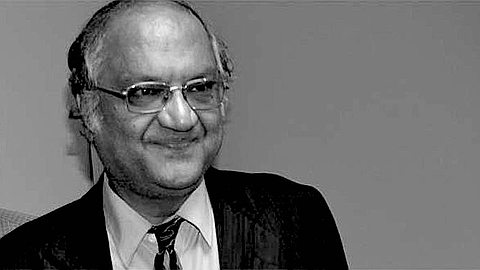Mauritius caught in middle-income trap
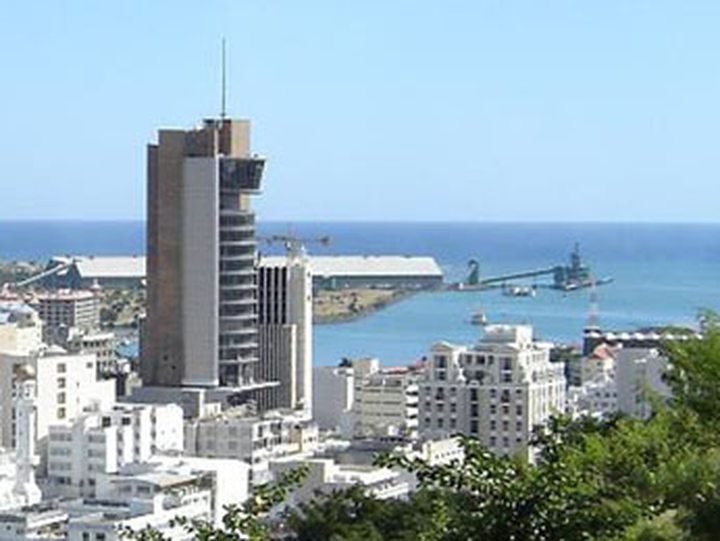
Port-Louis, Mauritius
From Ramesh Basant Roi’s office on the 19th floor of the tallest building in Mauritius, the island’s central bank governor has a commanding view of Port Louis.
The bustling capital city and busy harbour are a sign of an economy that has continued to expand and modernise, after showing what Mr Basant Roi describes as “tremendous resilience” in the global financial crisis. But the traffic-clogged streets signal infrastructure problems that need to be addressed “as a matter of urgency,” he says.
Congestion is a sign — along with insufficient skills, an ageing population and low productivity — of Mauritius’s inability to escape the “middle income trap” — the predicament of countries that lose their low-income status, but find it much harder to become a high-income economy.
The current challenges and past successes of Mauritius illustrate the opportunities facing small developing countries as they transform their economies. When Mauritius gained its independence from the British in 1968, its prospects were blighted by a dependence on sugar production, high population growth and ethnic tensions. James Mead, a Nobel Prize laureate in economics, had earlier warned that Mauritius faced a risk of “ultimate catastrophe”.
Yet over the following decades, Mauritius proved the sceptics wrong. It reduced its reliance on sugar, allowing it to weather the storm after the EU ended its price guarantees causing sugar prices to plunge by 36 per cent between 2006 and 2010. The industry, which represented more than 20 per cent of Mauritius’s GDP in 1976, has shrunk to just 2 per cent.
The government diversified, creating a “four pillar” economy, based on sugar, textiles, tourism and financial services.
Mauritius’s economy has outperformed those of its African neighbours. It generated an average real growth in gross domestic product of 5.3 per cent between 1969 and 2013 compared to 3.8 per cent for Sub-Saharan Africa.
In recent years, real GDP growth has been significantly lower, at about 3.5 per cent a year. Yann Duchesne, chief executive of operations at IBL Group, a conglomerate that is the country’s largest business, says he is frustrated by the lacklustre growth, which he blames on politicians who are “not particularly competent”.
Even though growth of the economy compares well to that of countries in Europe, he thinks that Mauritius should be growing at a rate of at least 6 per cent. “Since it is less developed it has to be growing faster to ensure the inhabitants have [higher] living standards.”
In a report earlier this year, the International Monetary Fund said the reasons behind the country’s “moderate” growth rate of 3.4 per cent in 2015 included weak external demand and a protracted decline in construction. It also noted the collapse of BAI, one of the largest conglomerates in Mauritius, amid allegations that its insurance subsidiary was engaged in a Ponzi scheme.
Mr Basant Roi — who took up his role at the end of 2014 — says the episode underscored the need for consolidated supervision of conglomerates. Action has been taken. “The rough edges in our regulatory framework have been sanded,” he says.
He also acknowledges concerns voiced by the IMF about risks from the size of the offshore sector. He says the authorities are well aware of the financial system’s vulnerability and “have gone extra miles to further strengthen our regulatory framework”.
The government has set its sights on boosting economic growth to as much as 5-6 per cent through further diversification and improvements in infrastructure. This effort will also involve mitigating the projected decline of the labour force through the immigration of skilled workers and encouraging more women to work.

